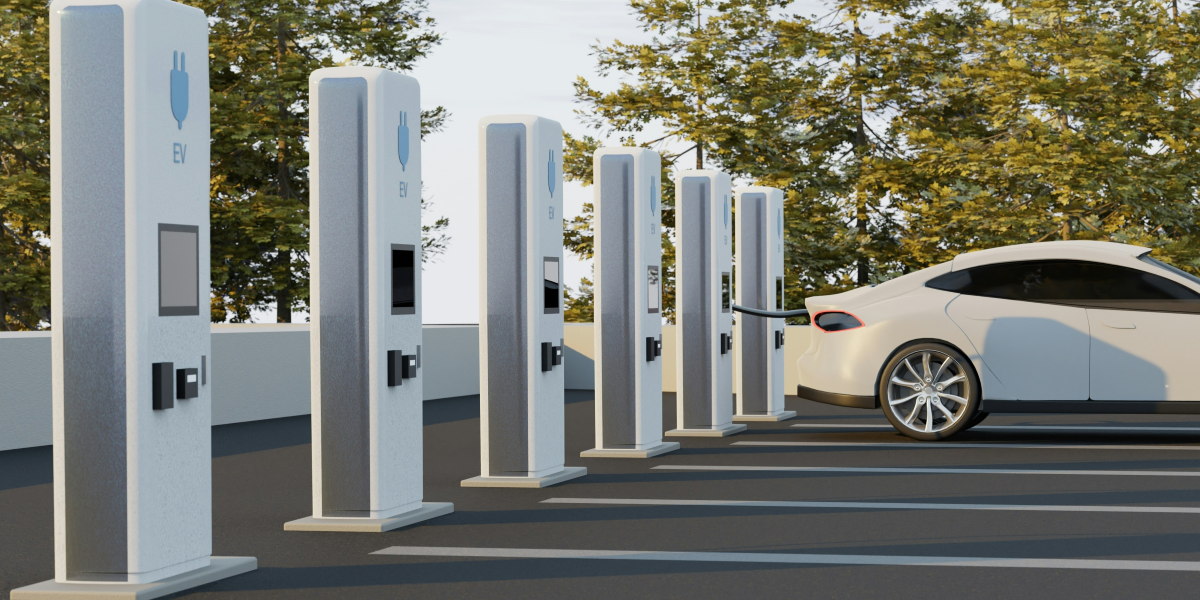Electric vehicles (EVs) have become a prominent solution in the global push toward sustainable transportation. With concerns over climate change and the environmental impact of fossil fuels, consumers and governments are looking for alternatives that reduce carbon emissions and decrease dependency on non-renewable resources. As a result, the popularity of electric vehicles has surged, and innovations in the field continue to make EVs more accessible and efficient.
Advances in EV Technology
Technological advancements in EV design and battery technology have greatly improved the appeal of electric vehicles. One of the most significant developments is the improvement in battery range, addressing a common concern among potential buyers. Early electric vehicle models had limited ranges, sometimes requiring frequent recharging. However, recent advancements in lithium-ion battery technology have extended EV ranges, with many models now offering over 200 miles on a single charge and some exceeding 300 miles.
Charging infrastructure has also expanded to accommodate the growing EV market. Charging stations are now more accessible in urban and suburban areas, and many businesses are installing charging stations to attract environmentally conscious customers. Fast-charging technology has also improved, with some chargers capable of recharging an EV battery to 80% capacity in as little as 30 minutes. These advancements make EVs a viable option for long-distance travel, further reducing barriers to adoption.
Challenges and Considerations for Electric Vehicle Adoption
Despite their benefits, electric vehicles face several challenges that must be addressed to achieve widespread adoption. One primary concern is the limited availability of charging stations in rural areas and some developing regions. While charging infrastructure has expanded in recent years, access can still be an issue for those living outside major metropolitan areas. Improving charging station networks is essential to support a growing EV market and ensure that drivers have reliable access to power wherever they travel.
Battery production and disposal also raise environmental concerns. While EVs produce fewer emissions than traditional vehicles, mining materials like lithium, cobalt, and nickel for batteries has significant environmental and ethical implications. The extraction of these materials can lead to habitat destruction, pollution, and human rights issues in mining communities. To address this, researchers are working on developing sustainable and ethically sourced battery materials, and automakers are investing in recycling programs to reduce the environmental impact of battery disposal.
Another consideration is the higher initial cost of electric vehicles. Although EV prices have decreased over the past decade, they still tend to be more expensive upfront than comparable gasoline-powered vehicles. However, as battery technology advances and production scales up, the cost of EVs is expected to continue to drop, making them more accessible to a wider range of consumers.
The Future of Electric Vehicles and Sustainable Transportation
The future of electric vehicles looks promising, with continued growth expected in both personal and commercial markets. Major automakers are investing heavily in EV research and development, and some have even pledged to phase out internal combustion engines in favor of all-electric lineups within the next two decades. This shift aligns with government regulations around the world that mandate reductions in carbon emissions, including policies that will restrict or ban the sale of new gasoline-powered vehicles in the coming years.
In addition to passenger vehicles, electric options are emerging for buses, trucks, and other commercial transportation modes. Electrifying public transportation fleets could greatly reduce emissions in urban areas, where buses and trucks are significant contributors to air pollution. The development of electric freight trucks is also gaining momentum, with companies testing models that can reduce emissions in the logistics industry. This trend could transform the transportation sector, offering cleaner alternatives for the movement of goods and people.
Autonomous electric vehicles are another innovation poised to shape the future of transportation. Autonomous technology can optimize driving patterns, reducing energy consumption and extending battery life. When combined with electric power, autonomous vehicles could lead to further efficiencies in fuel usage, traffic management, and emissions reduction. While self-driving technology still has some hurdles to overcome before achieving full adoption, it represents an exciting frontier for sustainable transportation.
How Consumers Can Support the EV Movement
Consumers play a crucial role in advancing the shift toward electric vehicles and sustainable transportation. One way to support this movement is by considering an EV for a future vehicle purchase. While EVs may not be feasible for everyone at the moment, growing consumer demand can incentivize manufacturers to lower prices and develop new models that fit a broader range of budgets and needs.
Beyond vehicle ownership, individuals can support sustainable transportation by advocating for local policies that promote EV infrastructure, such as the installation of more public charging stations. Supporting renewable energy initiatives also complements EV adoption, as cleaner energy sources further reduce the carbon footprint of electric vehicles. Even without owning an EV, individuals can contribute by using electric public transportation options or participating in community car-sharing programs that feature electric vehicles.
Driving Toward a Cleaner Future
The rise of electric vehicles represents a crucial shift in pursuing sustainable transportation. With benefits ranging from reduced emissions and cost savings to technological advancements that improve performance, EVs are becoming an attractive option for environmentally conscious consumers. Although challenges remain—such as expanding charging infrastructure and addressing battery-related concerns—the future of electric vehicles is bright. As manufacturers innovate and consumers adopt EVs, these vehicles will likely become a cornerstone of cleaner, more sustainable urban transportation.
Individuals and communities can contribute to a cleaner, healthier planet through thoughtful choices and active support of electric transportation initiatives. As the world moves toward a sustainable future, electric vehicles are poised to reduce environmental impact and transform how we travel significantly.
Published by: Khy Talara














